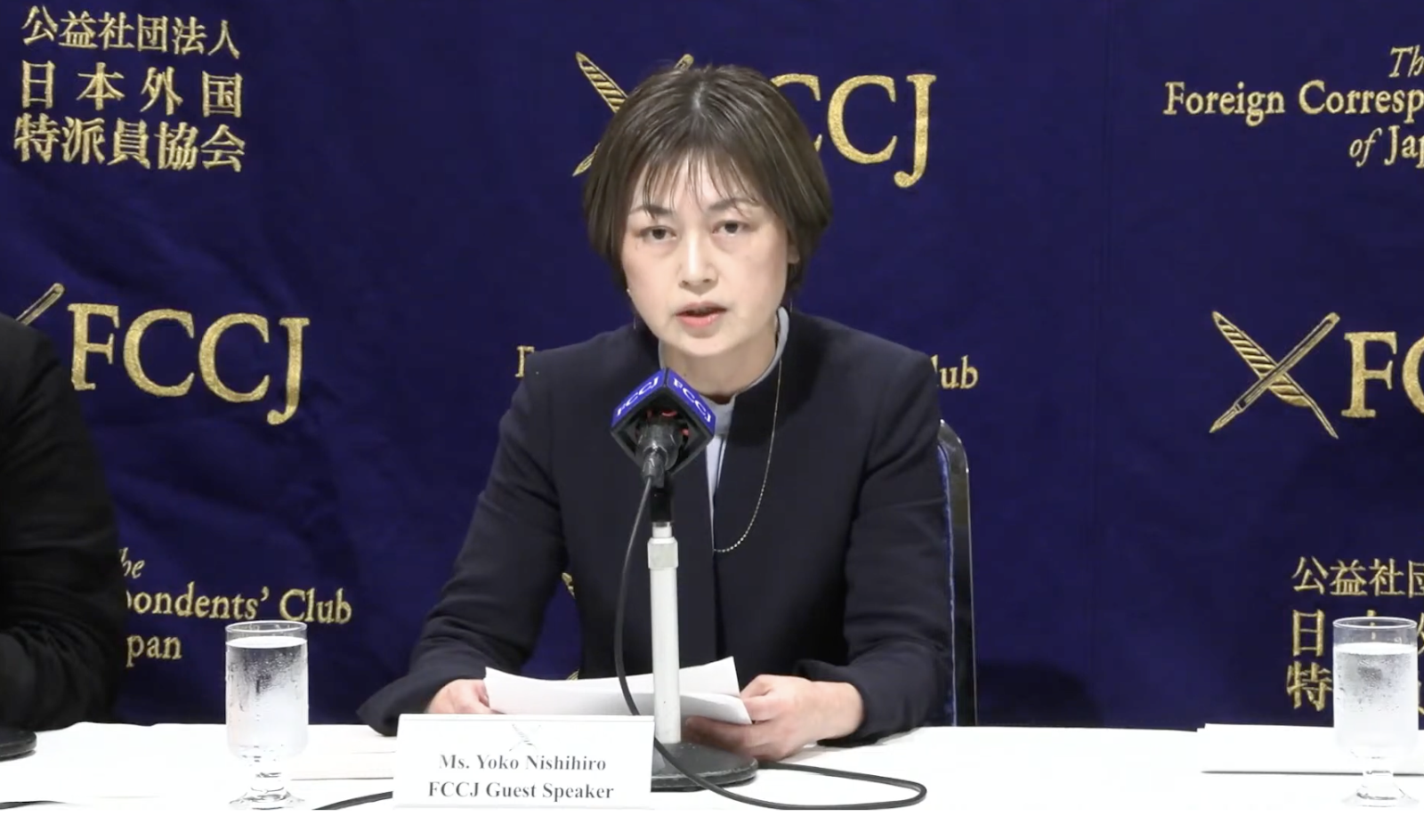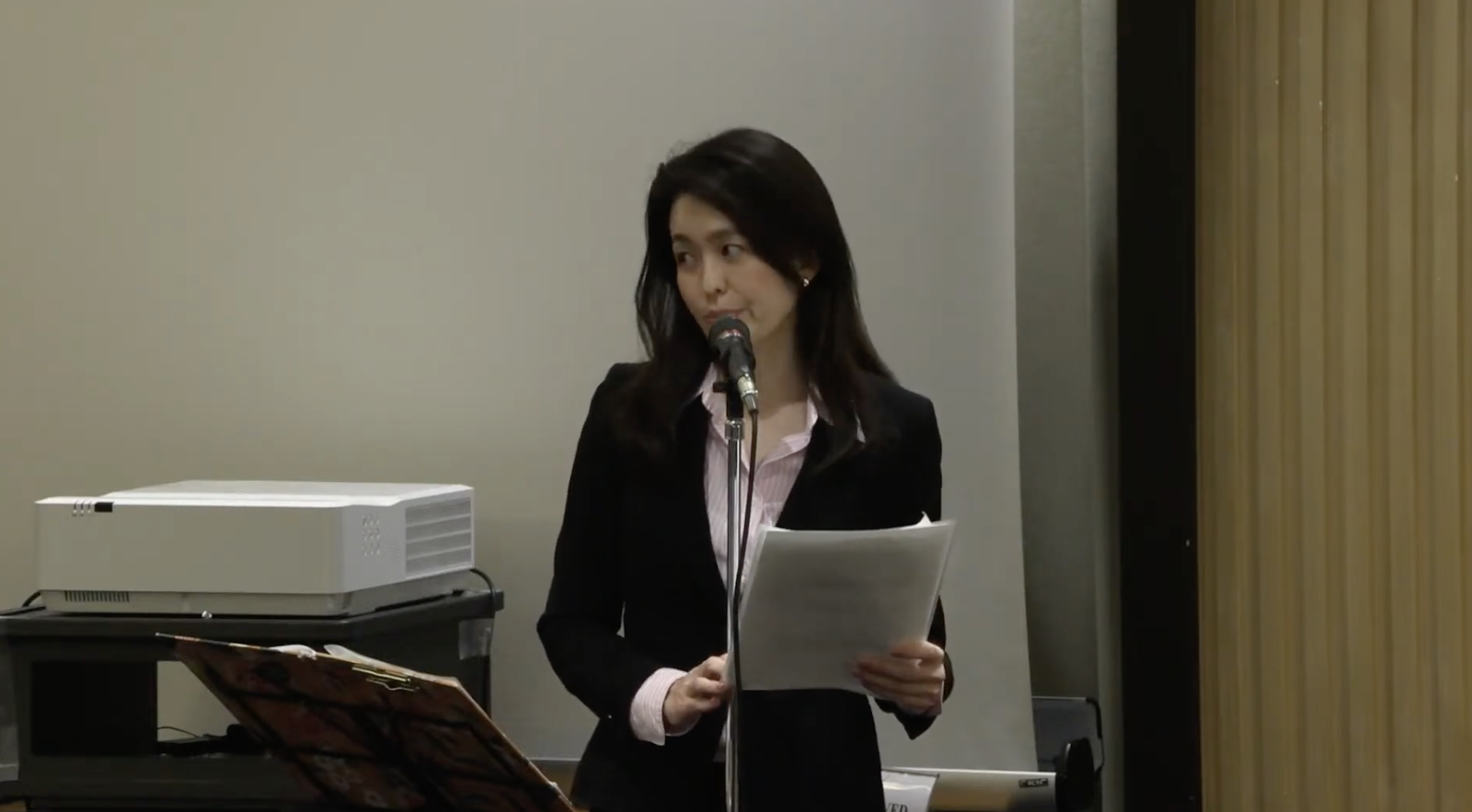Privacy and Ethics Spark Controversy Over Black Box Diaries Screening in Japan
On February 20, a press conference at The Foreign Correspondents’ Club of Japan was held to allow journalist and documentary producer Shiori Ito to address the controversy surrounding her Black Box Diaries. The event was originally scheduled for February 12, then postponed to allow attendees to view the film beforehand. However, the screening and press conference were both called off due to a health concern and are set to be rescheduled for a later date.
Instead, a press conference took place with the lawyers and experts who raised concerns about the film’s ethical and legal implications. The speakers included Yukiko Tsunoya, Katsuhiko Tsukuda, and Yoko Nishihiro—the latter whom had previously represented Ito in her civil sexual assault case.
The documentary, which chronicles Ito’s personal experience with rape and navigating Japan’s legal system, premiered internationally at the 2024 Sundance Film Festival and received critical acclaim, earning an Oscar nomination for Best Documentary Feature. The film has yet to be commercially released in Japan. Concerns raised at the press conference focused on privacy issues, journalistic ethics and the unauthorized use of court-protected materials. The speakers expressed regret that Ito’s press conference did not take place but emphasized the importance of discussing the film’s impact and ethical considerations.
Tsukuda outlined three major concerns regarding the documentary: the failure to protect the identities of whistleblowers and sources, the responsibility of a filmmaker to address human rights concerns and the lack of proper consent from individuals featured in the film. These concerns have not been addressed despite repeated requests to Ito since late 2023.

Nishihiro, one of Ito’s former lawyers, revealed that Ito had used CCTV footage despite agreeing not to, a breach of trust that she said compromised her privacy, which in turn deeply affected her ability to establish trust with clients and continue working with survivors of sexual violence. The controversy highlights stark differences in how privacy is valued in Japan compared to abroad, where Ito’s film has been widely praised. In contrast to Western countries, where investigative journalism often prioritizes uncovering hidden truths regardless of consent, Japan places a high value on personal privacy.

Rina Hasimi, a bilingual writer who has analyzed discussions surrounding Black Box Diaries in English and Japanese, provided insight into the stark differences in how the film is perceived abroad versus in Japan. She noted that in international media, Ito has framed the lack of a Japanese release as a reflection of Japan’s reluctance to confront issues of sexual violence, emphasizing that the topic remains politically sensitive. However, in Japan, the discussion has centered on privacy concerns and journalistic ethics, particularly regarding the unauthorized use of court-protected materials and personal footage. Hasimi highlighted how Ito’s statements in English interviews, such as describing Japanese culture as one where “they never say what it is,” contrast with the legal and ethical criticisms she faces domestically.
Despite the ongoing debate, there is growing public interest in Japan to screen the film, and legal experts continue to grapple with how to balance the film’s powerful message with privacy rights and ethical filmmaking standards. The contrast between the documentary’s reception abroad and the controversy it has sparked at home highlights the broader tensions between investigative storytelling and privacy laws in Japan. As the discussion unfolds, it remains to be seen whether Black Box Diaries will eventually be made available to Japanese audiences—and if so, whether it will be in its original form or with edits to address the ethical concerns raised. Ito is expected to address these concerns directly in her rescheduled press conference, though a new date has yet to be announced.

